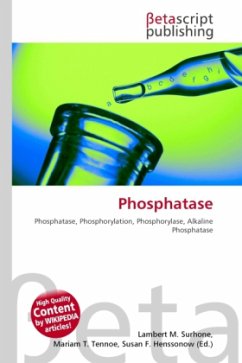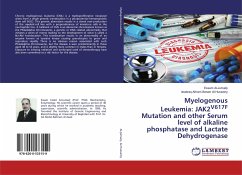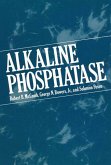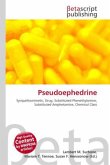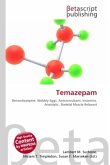A phosphatase is an enzyme that removes a phosphate group from its substrate by hydrolysing phosphoric acid monoesters into a phosphate ion and a molecule with a free hydroxyl group (see dephosphorylation). This action is directly opposite to that of phosphorylases and kinases, which attach phosphate groups to their substrates by using energetic molecules like ATP. A common phosphatase in many organisms is alkaline phosphatase. Protein phosphorylation is the most common and important form of reversible protein posttranslational modification (PTM), with up to 30% of all proteins being phosphorylated at any given time. Protein kinases (PKs) are the effectors of phosphorylation and catalyse the transfer of a -phosphate from ATP to specific amino acids on proteins. Several hundred PKs exist in mammals and are classified into distinct super-families.
